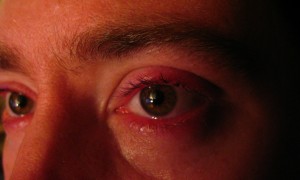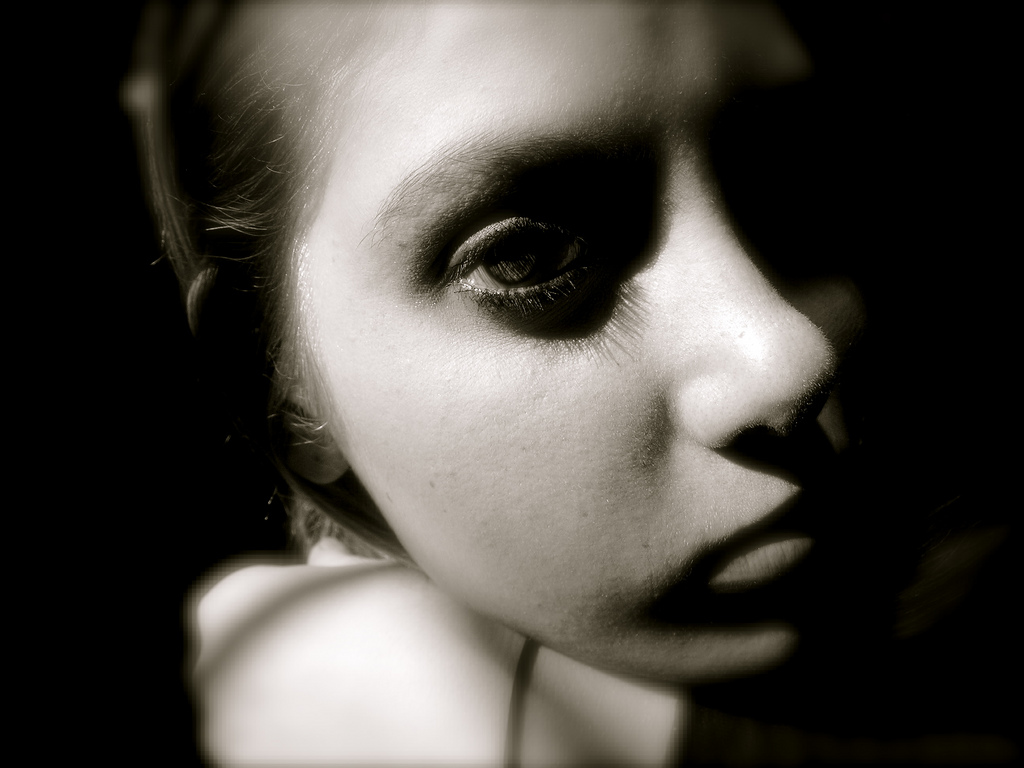“The Bible says, ‘Do not get drunk…’”
“Addiction is not a disease. That’s just a cop out.”
“If you’re really a Christian, you won’t have problems with drugs or alcohol.”
 As a Christian growing up in the church, I have heard these statements made by many. It is very easy to cast judgment on something with which we do not struggle ourselves. Many people who become addicted to substances never intended their lifes to take that path. In my experience with addiction counseling, I’ve never met an addict or alcoholic who intended to become a junkie or a drunk. The church continually fails people who struggle with addiction by marginalizing them even more. The above statements are not an invitation to find healing and recovery, but are packed full of judgment and condemnation.
As a Christian growing up in the church, I have heard these statements made by many. It is very easy to cast judgment on something with which we do not struggle ourselves. Many people who become addicted to substances never intended their lifes to take that path. In my experience with addiction counseling, I’ve never met an addict or alcoholic who intended to become a junkie or a drunk. The church continually fails people who struggle with addiction by marginalizing them even more. The above statements are not an invitation to find healing and recovery, but are packed full of judgment and condemnation.
Addiction Impairs Normal Functioning
Merriam-Webster’s Dictionary defines disease as a condition of a living animal or plant body, or of one of its parts. It impairs normal functioning and is typically manifested by distinguishing signs and symptoms.
The two phrases that are important here are “impairs normal functioning” and “distinguishing signs and symptoms.” Alcoholism and drug addiction clearly impair normal functioning in the majority of those who suffer from them. Blackouts, stumbling, slurring speech, and missing work or other responsibilities are all signs of impairment and inhibit regular functioning. Addiction also has very distinct signs and symptoms. According to the Diagnostic and Statistical Manual of Mental Disorders 5, there are 11 symptoms or signs. These include tolerance of the substance, withdrawal from the substance, cravings or urges to use, inability to decrease or control use, and continued use even when physically dangerous.
Why Addiction is a Disease
The most obvious hang up for people calling addiction a moral failure is the choice to pick up a drink or a drug. “Nobody can force you to use.” I’ve heard this statement used to shame those who are addicted. However, when your body is writhing in pain, and you are shaking, nauseated, and unable to function, why wouldn’t you take another sip, especially knowing your body needs that chemical in order to stop feeling the pain and discomfort? Choice becomes secondary to need. When your body is physically dependent on a substance, choice becomes irrelevant.
 I have not heard anyone talk about diabetes, especially type 2 diabetes, as a choice or a moral failure. When someone is diagnosed with diabetes they have two choices. They can either do nothing and let the disease take over, or they can get treatment, which includes making some lifestyle changes. It is the same with an addiction. You can either seek treatment for the disease, including making some lifestyle changes in the process, or do nothing and allow the addiction to take over and even take your life. However, the difficulty with addiction is that it is a treatment-resistant illness. This is why so many addicts and alcoholics have relapses. It truly is a disease that tricks you into believing that you do not have a disease.
I have not heard anyone talk about diabetes, especially type 2 diabetes, as a choice or a moral failure. When someone is diagnosed with diabetes they have two choices. They can either do nothing and let the disease take over, or they can get treatment, which includes making some lifestyle changes. It is the same with an addiction. You can either seek treatment for the disease, including making some lifestyle changes in the process, or do nothing and allow the addiction to take over and even take your life. However, the difficulty with addiction is that it is a treatment-resistant illness. This is why so many addicts and alcoholics have relapses. It truly is a disease that tricks you into believing that you do not have a disease.
Breaking the Stigma of Addiction
A large part of addiction is the shame involved. Shame keeps people sick and often drives them to find unhealthy ways to cover their shame. I believe the stigma surrounding addiction is a direct result of shame and misunderstanding. Addicts do not need to be reminded of their shortcomings, yet we often point out their “failures” to them. This only leads to more shame and reinforces the addiction. As a Christian counselor, I do not want to be a part of shaming people into change. Instead, I want to encourage people to find health and wholeness through love, support, and understanding. Being a Christian does not make you immune to the problems of this world. Original sin has fractured each of our lives and the brokenness manifests itself in many different ways. The disease of addiction is just one way in which sin is manifested. Allow me to be clear that it is not a specific sin of yours that causes disease – nobody is exempt. It is the overall brokenness of this life that results in disease.
If you are reading this and find yourself questioning whether you may be addicted, or perhaps even know that you struggle with addiction, I assure you that you are not alone. You also do not have to fight this battle alone. There is always help available. You have not failed morally because you are addicted to a substance. You have simply found yourself facing a disease that millions of others are currently fighting. We are here to help you fight that battle. If you are reading this and someone you love is addicted, you are also are not alone, nor do you have to go through this alone. There is help available for the loved ones of addicts. Part of breaking the stigma of addiction is being bold and brave enough to admit and face the disease. You need to educate yourself and your family, ask for help, allow yourself to be helped, and, most importantly, accept love and grace from those who are willing to express it to you.
Christian Counseling to Overcome Addiction
If you find yourself identifying with this article in any way and would like to process it with someone, a Christian counselor will be able to walk with you without judgment as you pursue healing and recovery.
“I never wonder to see men wicked . . “, courtesy of Andy Bullock Flickr CreativeCommons (CC BY 2.0); “Corks Awaiting Wine at the Winery,” by Donna Cowan of Seattle Christian Counseling, Flickr.com, Approval obtained





